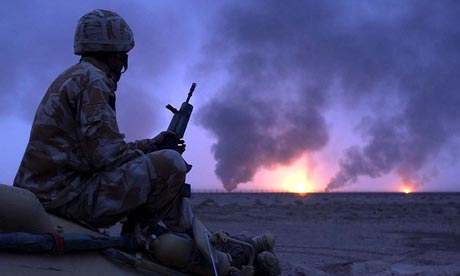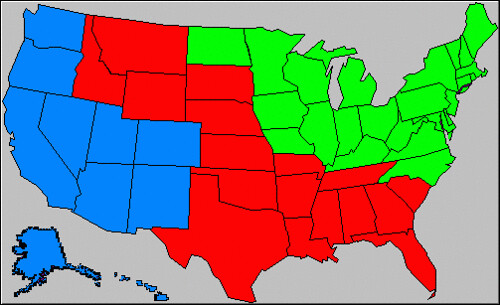 Times Online | FEARS are mounting that Ireland could default on its soaring national debt pile, amid continuing worries about its troubled banking sector.
Times Online | FEARS are mounting that Ireland could default on its soaring national debt pile, amid continuing worries about its troubled banking sector.The cost of buying insurance against Irish government bonds rose to record highs on Friday, having almost tripled in a week. Debt-market investors now rank Ireland as the most troubled economy in Europe.
Simon Johnson, the former chief economist of the International Monetary Fund, called for this weekend’s meeting of G7 finance ministers to put Ireland’s troubles at the top of the agenda.
Johnson said: “Don’t, please, tell me more about the basic principles of financial reform unless and until you have addressed the Irish problem. And don’t tell me the Irish have to sort this out for themselves. Eventually, the world always comes to help; check your notes on Iceland.










































